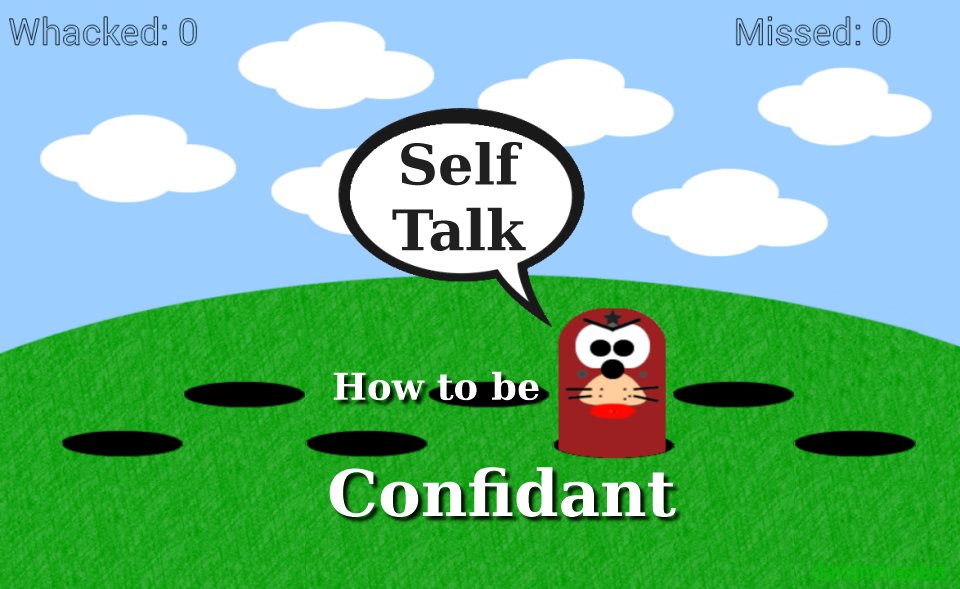Defining success is a personal journey, and one’s mindset plays a pivotal role in shaping the outcomes of that journey. Consider the significance of cultivating an abundance mindset by overcoming personal challenges and adopting a powerful self-belief system for exponential success. Find assurance in scientific data confirming that your evolutionary success is not limited by age or financial independence. Your positive mindset can yield transformational positive change, placing the measurable achievement and attainment of visionary goals abundantly within your reach.
Building Momentum Toward Abundance:
Success is a subjective concept, and its meaning can evolve as individuals grow and develop. The importance of aligning personal goals with a mindset that builds momentum toward abundance cannot be overstated. This alignment ensures that what is perceived as realistic and achievable expands, creating opportunities for personal and professional growth.
Overcoming Personal Challenges:
Consider the stories of successful individuals like J.K. Rowling, who overcame adversity and financial struggles to become one of the most renowned authors of our time. Rowling’s journey exemplifies the transformative power of a positive mindset, illustrating how belief in one’s abilities can lead to extraordinary achievements.
Seek out information about others who have successfully made the leap from a less than lustrous life to one of magnificence. Doing so will help support an alternative evolutionary path that you could follow, blazing your own trail toward a future destination that you may have previously felt was beyond your reach.
These real-world examples underscore the impact of your abundant mindset, thereby shaping heretofore perceived as unlikely outcomes into hugely successful manifestations to be realized by you.
Self-Belief for Exponential Success:
Believing in intelligence, kindness, creativity, and quick-thinking abilities is foundational to fostering an abundance mindset. Research in positive psychology, such as studies by psychologist Carol Dweck, highlights the connection between self-belief and exponential success. Individuals who perceive themselves positively are more likely to take proactive steps in their business and personal lives, overcoming challenges with resilience.
Unlimited by Age or Financial Independence:
Contrary to common misconceptions, age, and current financial status do not impede the development of an abundance mindset. Drawing on studies conducted by psychologists Angela Lee Duckworth and Martin Seligman, it becomes evident that adopting an abundance mindset is not constrained by age or financial circumstances. Positive changes can manifest at any stage of life, fostering a sense of empowerment and growth.
Positive Mindset = Positive Change:
Cultivating an abundance mindset is a powerful catalyst for positive change. Studies in behavioral science, such as those by psychologist Barbara Fredrickson, highlight the reciprocal relationship between positive thinking and positive outcomes. The idea that thinking abundantly leads to finding abundance resonates with the notion that belief in one’s capabilities precedes remarkable achievements.
Cultivating a positive mindset involves transforming negative thinking into a more optimistic perspective. While this process is straightforward, establishing a new habit requires time and consistent practice.
Six strategies to encourage positive thinking and behavior:
- Identify areas for change: Pinpoint aspects of your life where negative thoughts frequently arise, whether related to work, daily commute, life transitions, or relationships. Begin with a slight focus area and strive to approach it more positively. Manage stress by replacing negative thoughts with positive ones.
- Check your thoughts: Take moments throughout the day to pause and assess your thoughts. If you notice a predominance of negative thinking, actively seek ways to infuse a positive perspective into those thoughts.
- Embrace humor: Grant yourself the freedom to smile or laugh, particularly in challenging situations. Find humor in everyday occurrences, as laughter can alleviate stress and create a more positive mindset.
- Adopt a healthy lifestyle: Incorporate regular exercise into your routine, aiming for approximately 30 minutes most days of the week. Break it down into shorter intervals if needed. Moving the body has a positive impact on mood and stress reduction. Maintain a nutritious diet to nourish both your mind and body, prioritize adequate sleep, and learn stress management techniques.
- Surround yourself with positivity: Ensure that the people in your life are positive and supportive individuals from whom you can seek valuable advice and feedback. Avoid negative influences that may heighten stress and undermine your ability to handle stress constructively.
- Practice positive self-talk: Adhere to a fundamental rule – speak to yourself with the same kindness you would extend to others. Foster self-encouragement by evaluating negative thoughts rationally and responding with affirmations highlighting your positive qualities. Reflect on aspects of your life that evoke gratitude.
By consistently applying these strategies over time, you can create a gradual shift toward a more positive and optimistic mindset, fostering resilience in the face of life’s challenges.
The link between mindset and outcomes is undeniable, with an abundance mindset serving as a critical determinant of personal success and well-being. Real-world examples, supported by research in positive psychology and behavioral science, underscore the transformative potential of believing in oneself and adopting a positive perspective. Regardless of current circumstances, age, or financial standing, the development of an abundance mindset opens doors to positive changes and a life lived on one’s own terms.
References:
- Dweck, C. S. (2006). Mindset: The New Psychology of Success. Random House.
- Duckworth, A. L. (2016). Grit: The Power of Passion and Perseverance. Scribner.
- Fredrickson, B. L. (2001). The Role of Positive Emotions in Positive Psychology: The Broaden-and-Build Theory of Positive Emotions. American Psychologist, 56(3), 218–226.






